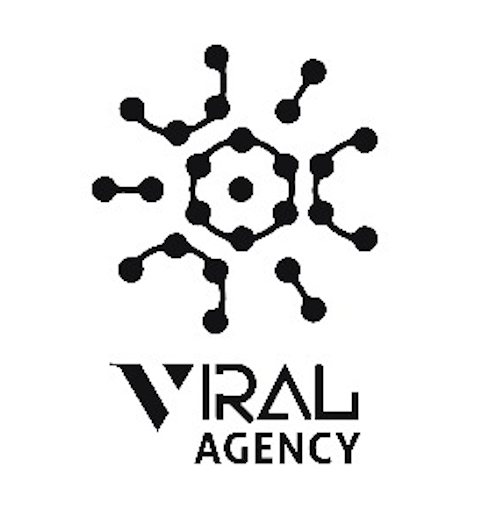Introduction to Successful Marketing Campaigns
In the dynamic landscape of modern business, successful marketing campaigns serve as a critical driver of growth and profitability. As companies face increasing competition, the ability to craft compelling and effective marketing strategies has never been more vital. Successful campaigns not only help businesses connect with their target audiences but also establish brand loyalty and stimulate sales. Understanding the characteristics that define these campaigns can provide insights into what sets top marketing agencies apart.
At the heart of successful marketing campaigns is a clear and well-defined objective. Establishing specific goals, such as increasing brand awareness, generating leads, or boosting sales, allows marketers to create targeted strategies that resonate with consumers. Additionally, successful campaigns utilize thorough market research to understand the needs, preferences, and behaviors of the target audience. This data-driven approach enables agencies to tailor their messaging and select appropriate channels for distribution, enhancing the campaign's reach and effectiveness.
Another defining characteristic of successful marketing campaigns is creativity. Innovative ideas that captivate the audience's attention can make a significant difference in how a message is perceived. The use of storytelling, visuals, and engaging content not only captures interest but also fosters emotional connections with the brand. Furthermore, successful campaigns are often adaptable, allowing for real-time adjustments based on performance analytics and consumer feedback, thereby optimizing their effectiveness over time.
Effective marketing campaigns are also characterized by cohesive branding and consistent messaging across all platforms. A unified approach fosters recognition and trust, establishing a solid brand identity in a crowded market. By examining the essential elements that contribute to successful campaigns, this article aims to explore what distinguishes leading marketing agencies and how they achieve remarkable results.
Understanding the Target Audience
Successful marketing campaigns hinge on a profound understanding of the target audience. This understanding enables agencies to create compelling messages that resonate with their audience’s needs, preferences, and behaviors. One of the most effective methods of audience analysis is segmentation, which involves dividing the broader market into distinct groups based on shared characteristics. These segments can be based on demographics, psychographics, behavior, or geography, allowing agencies to tailor their strategies effectively for each group.
In addition to segmentation, consumer insights play a crucial role in shaping marketing efforts. Agencies invest time and resources in gathering and analyzing data to uncover valuable insights about their target audiences. This may involve conducting surveys, focus groups, or utilizing social media analytics to assess consumer sentiment and preferences. Such information informs decision-making about campaign strategy, messaging, and even product development. By understanding what drives consumer behavior, agencies can create personalized content and experiences that speak directly to individual audience segments.
Leading agencies understand the importance of leveraging data analytics to enhance their campaigns. By employing advanced analytics tools, they can track consumer interactions across various platforms, thereby gaining real-time insights into audience engagement and campaign performance. This data-driven approach allows for continuous optimization of marketing strategies, ensuring that campaigns remain relevant and effective in a rapidly changing market landscape. Moreover, agencies utilize A/B testing and customer feedback to refine their messaging, ultimately leading to campaigns that resonate deeply with their target demographics.
In conclusion, the ability to understand and analyze the target audience is pivotal for creating successful marketing campaigns. Through effective audience segmentation, consumer insights, and harnessing the power of data analytics, agencies can craft campaigns that not only reach but also engage their audience meaningfully.
Innovative Creative Strategies
In the realm of successful marketing campaigns, top agencies distinguish themselves through the deployment of innovative creative strategies that resonate deeply with their intended audiences. Originality stands as a cornerstone of these strategies, ensuring that campaigns not only capture attention but also leave a lasting impression. Agencies that infuse unique, out-of-the-box ideas into their campaigns often find their messages amplified, setting them apart in a saturated market.
Storytelling plays a pivotal role in engaging potential customers. Leading agencies harness the power of narratives to transform mundane advertising into a compelling experience. These narratives allow brands to humanize their messages, creating relatable scenarios that draw audiences in. A well-crafted story can evoke emotions and foster connections, making consumers more likely to remember the brand and its message. Ultimately, this emotional engagement enhances brand loyalty, as customers feel a stronger relationship with the brand.
The culture of creativity within an agency significantly influences the development of innovative strategies. Top-performing agencies cultivate environments that prioritize experimentation and encourage team members to contribute ideas freely. This culture often leads to brainstorming sessions that yield unique concepts, ensuring that the agency remains on the cutting edge of marketing trends and techniques. Furthermore, fostering collaboration among diverse team members enhances creativity, as varied perspectives often generate innovative solutions.
Additionally, understanding audience behavior through data analysis allows agencies to further refine their creative strategies. By integrating insights into consumer preferences and behaviors, top agencies can tailor their marketing campaigns to align more closely with what their audience desires. This strategic alignment, rooted in creativity, originality, and emotional connection, is what ultimately sets successful marketing campaigns apart from the rest. In conclusion, the combination of these elements cultivates a powerful marketing approach that can lead to significant brand impact and success.
Effective Use of Digital Tools and Platforms
Successful marketing agencies have revolutionized their campaign execution through the effective use of various digital tools and platforms. These technologies assist agencies in engaging their target audiences, optimizing campaigns, and tracking performance metrics efficiently. Social media marketing platforms have become invaluable for many agencies, offering a channel to connect with a broad audience while allowing for targeted advertising and personalized content dissemination. By utilizing platforms such as Facebook, Instagram, and Twitter, agencies can craft tailored messages that resonate with their audience, enhancing brand visibility and customer interaction.
Furthermore, incorporating search engine optimization (SEO) practices has proven essential in driving organic traffic to websites. Leading agencies employ sophisticated SEO strategies—ranging from keyword optimization to link-building—to improve their clients' online visibility. This technical discipline not only supports the discovery of content but also facilitates improved user experience, ultimately leading to higher conversion rates.
Content management systems (CMS) play a crucial role in streamlining the creation and distribution of marketing content. Agencies leverage sophisticated CMS platforms, such as WordPress or HubSpot, to manage their content workflows effectively. These systems allow for collaborative content production, easy updates, and integration with various marketing tools, enhancing overall efficiency. Such strategic use of digital tools ensures that campaigns are not only executed seamlessly but are also regularly updated to reflect market demands and consumer preferences.
Analytics software is another critical component in the toolkit of successful marketing agencies. By employing tools like Google Analytics, agencies can closely monitor campaign performance, assess user engagement, and gather insights on customer behavior. This data-driven approach enables agencies to make informed decisions, allowing for timely adjustments to campaigns, maximizing return on investment. Ultimately, the effective integration of these digital tools and platforms is what sets the top marketing agencies apart in today's competitive landscape.
Data-Driven Decision Making
In today's competitive landscape, successful marketing campaigns are increasingly relying on data-driven decision making. The utilization of comprehensive data methodologies allows marketing agencies to enhance their strategies, ensuring they remain relevant and effective. Collecting data involves multiple channels, including customer surveys, web analytics, and social media engagement metrics. By using these data sources, agencies can gain valuable insights into consumer behavior, preferences, and trends.
Once the data has been collected, it is crucial to analyze it properly. Top agencies often employ sophisticated analytical tools and techniques that enable them to derive actionable insights from vast amounts of data. Real-time reporting is among the most significant methodologies adopted, providing agencies with immediate access to ongoing campaign performance metrics. This immediate feedback loop allows marketers to adapt their strategies dynamically, optimizing their efforts based on what is working and what is not. For instance, if a particular advertisement is underperforming, quick adjustments can be made to enhance its effectiveness.
Moreover, consumer behavior analytics play a central role in data-driven marketing. By understanding how consumers interact with various marketing touchpoints—be it social media, email, or online ads—agencies can segment their audiences more accurately. This segmentation allows for the personalization of campaigns, increasing the likelihood of engagement and conversion. Furthermore, the use of predictive analytics capabilities enables agencies to forecast future consumer behavior, thereby tailoring their campaigns to meet anticipated demands.
In conclusion, data-driven decision making has become essential for successful marketing campaigns. By integrating robust data collection methodologies and analytical practices, top agencies can refine their strategies effectively. This adaptability not only enhances campaign outcomes but also positions agencies as leaders in the ever-evolving marketing landscape.
Building Strong Client Relationships
In the realm of marketing, the foundation of success is often built upon the strength of client relationships. Top marketing agencies understand that maintaining effective communication is paramount. This entails not only reaching out proactively but also being receptive to client feedback. Agencies that prioritize transparent dialogue tend to foster a sense of trust and reliance, enabling clients to feel confident in their marketing strategies. Establishing a cadence for regular updates and check-ins can help ensure that clients are continuously engaged in the process.
Setting clear expectations from the onset is another critical element in nurturing client relationships. A successful marketing campaign hinges on understanding precisely what the client seeks to achieve. This necessitates a comprehensive discovery phase where agencies and clients can delineate objectives, identify target audiences, and map out the key performance indicators (KPIs) that will measure success. By providing this structured approach, agencies can mitigate misunderstandings that sometimes surface throughout a campaign's lifecycle. When clients are informed and aware of what to expect, they are more likely to feel satisfied with the services provided.
Collaboration stands at the heart of successful client relationships. The most recognized marketing agencies excel by positioning themselves as partners rather than mere service providers. By engaging in collaborative brainstorming sessions, agencies invite clients into the creative process, allowing for a more holistic approach to campaign development. This cooperative spirit fosters innovation and delivers outcomes that are aligned with client expectations. The success of a marketing initiative is ultimately a shared victory, and when clients feel involved, it can lead to enhanced loyalty and long-term partnerships.
Strong client relationships require a deliberate focus on communication, expectation management, and collaborative efforts. As agencies strive to elevate their marketing campaigns, investing in the cultivation of these relationships will undoubtedly yield significant rewards.
Agility and Adaptability in Campaigns
In the ever-evolving landscape of marketing, the ability to exhibit agility and adaptability in campaigns has become a defining characteristic of successful agencies. These firms recognize that market dynamics, consumer preferences, and competitive landscapes can shift rapidly. By being agile, marketing agencies can respond promptly to these changes, ensuring their campaigns remain relevant and effective. This necessitates a comprehensive understanding of the audience and the context in which they operate.
Successful marketing campaigns are often characterized by a proactive approach to change. Top agencies employ data analytics to continuously monitor performance metrics and gauge audience reactions. This real-time feedback mechanism enables them to pivot strategies swiftly when needed. For instance, if a particular message or a creative element is underperforming, agile agencies can make immediate adjustments, whether that involves altering the campaign's focus, refining the target demographic, or incorporating new channels of communication.
Moreover, adaptability extends beyond immediate responses; it encompasses a cultural mindset within the agency. A strong emphasis on collaboration and open communication fosters an environment where team members can brainstorm innovative solutions and share insights. This shared knowledge allows agencies to tap into diverse perspectives, honing their strategies to align with the latest trends and shifts in consumer behavior.
Finally, the commitment to agility and adaptability not only enhances the effectiveness of marketing campaigns but also builds resilience. Agencies that embrace this fluidity can navigate challenges more effectively and leverage opportunities as they arise. This capability transforms potential obstacles into stepping stones, ensuring that campaigns not only meet current objectives but are also poised for future growth. The secrets of successful marketing campaigns lie, in many ways, in their ability to adapt and evolve.
Success Metrics and KPIs: Measuring Campaign Performance
Measuring the success of marketing campaigns is essential for any agency seeking to drive impactful results for their clients. Top agencies place a significant emphasis on defining success metrics and key performance indicators (KPIs) that provide clarity and direction. Setting measurable goals at the onset of a campaign enables agencies to assess their effectiveness systematically, ensuring all marketing efforts align with predefined objectives.
Common KPIs utilized include conversion rates, customer acquisition costs, and return on investment (ROI). Conversion rates, for instance, reveal the percentage of users who take a desired action, such as making a purchase or signing up for a newsletter. Monitoring this metric helps agencies understand which aspects of the campaign are engaging users effectively. In contrast, customer acquisition costs measure the financial investment required to gain new customers. This metric can provide insights on budget allocation and highlight areas for improvement.
Another vital aspect of evaluating campaign performance lies in tracking ROI. This financial metric quantifies the revenue generated against the total costs incurred during the campaign. Analyzing ROI helps agencies identify the most profitable campaigns and justifies decisions regarding future investments. Beyond these metrics, a holistic approach encourages the use of qualitative data, such as customer feedback and brand awareness surveys, to complement quantitative analysis.
Insights gleaned from these measurements should not be viewed as mere data points, but rather as opportunities for continuous improvement. By understanding what worked and what didn’t, agencies can refine their marketing strategies, enhance their targeting, and ultimately deliver more effective campaigns for their clients. In this way, the diligent analysis of success metrics and KPIs not only validates agency efforts but also fosters an environment of innovation and growth in marketing practices.
Conclusion
In examining the habits and practices of top marketing agencies, we discover several key takeaways that can lead to successful marketing campaigns. Understanding the audience is fundamental; agencies that excel prioritize thorough research to grasp their clients' target demographics comprehensively. This focus allows them to craft tailored messages that resonate deeply, thereby increasing engagement and conversion rates. Understanding audience preferences, behaviors, and pain points lays the groundwork for effective campaigns.
Another vital characteristic of leading marketing agencies is their creativity. These top-tier organizations leverage innovative thinking to develop unique concepts and compelling narratives that captivate their audience. Creativity in marketing campaigns not only differentiates brands but also fosters a memorable consumer experience. Whether through storytelling, visual design, or unconventional strategies, creativity serves as a catalyst for brand visibility and connection.
The importance of data-driven decisions cannot be overstated. Successful agencies utilize analytics to inform their strategies, measuring the effectiveness of their campaigns through key performance indicators. By relying on empirical data, agencies can iterate and refine their tactics in real time, ensuring optimal outcomes. This analytical approach helps minimize risks and maximizes the return on investment, showcasing the power of informed decision-making.
Lastly, nurturing strong client relationships is crucial for sustained success in marketing. Agencies that prioritize communication, transparency, and collaboration often achieve better results. By understanding a client's vision and incorporating their feedback, agencies can develop campaigns that truly represent the brand and meet strategic objectives. This partnership enhances trust and drives long-term success.
By integrating these lessons from top marketing agencies—understanding the audience, fostering creativity, embracing data, and cultivating strong client relationships—readers can enhance their marketing efforts and achieve remarkable results in their campaigns.




